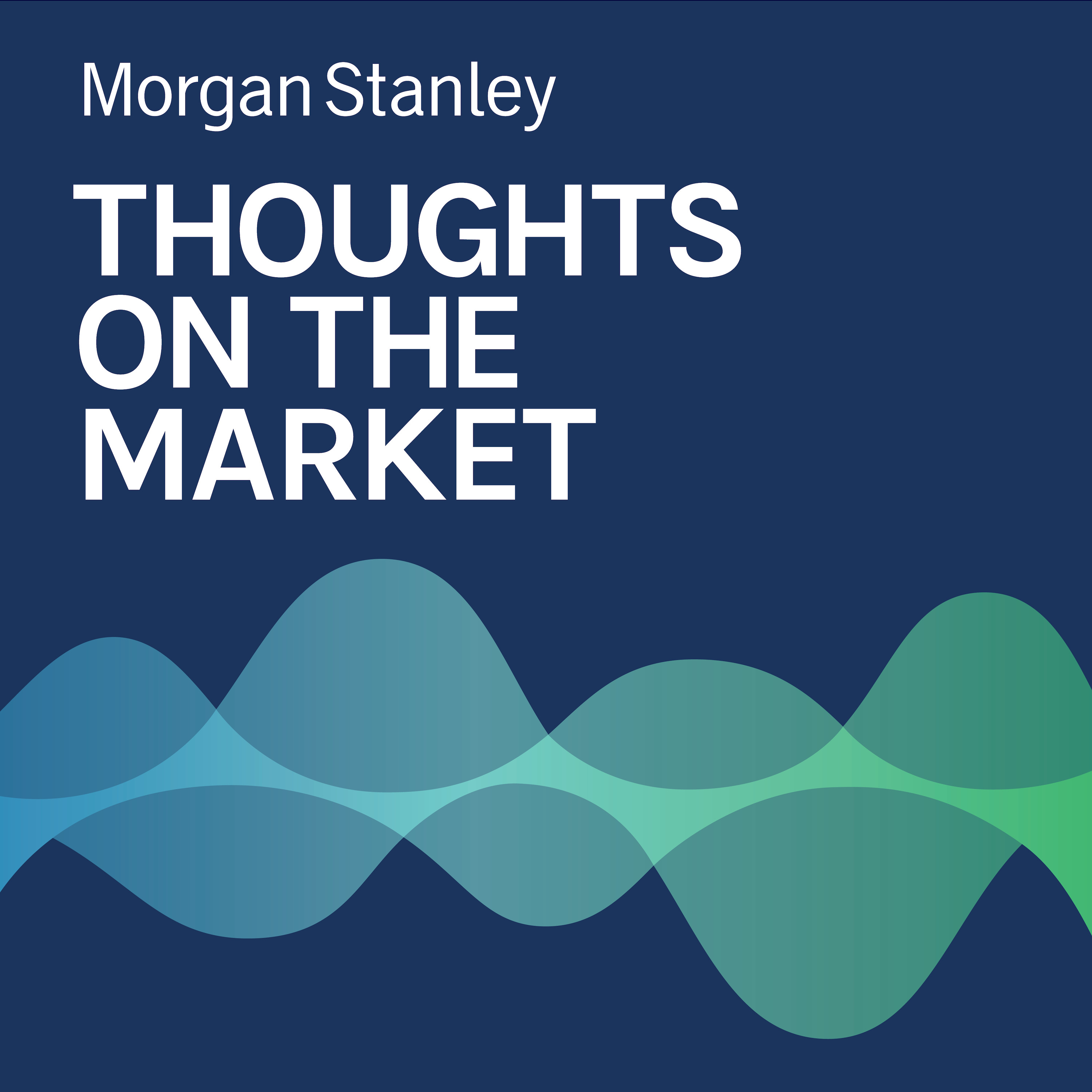Andrew Sheets: The State of Play in Markets Globally

b"
There has been a lot of market movement in recent months, so as we exit the summer, what are the market stories and valuations that investors should be aware of?
-----Transcript-----
Welcome to Thoughts on the Market. I'm Andrew Sheets, Chief Cross-Asset Strategist for Morgan Stanley. Along with my colleagues, bringing you a variety of perspectives, I'll be talking about trends across the global investment landscape and how we put those ideas together. It's Friday, September 2nd at 3 p.m. in London.
As summer draws to a close, there is quite a bit that investors are coming back to. Here's a state of play of our global economic story, and where cross-asset valuations sit today.
The global economy faces challenges, but these challenges differ by region. The U.S. economy is seeing elevated inflation and still strong growth, as evidenced by today's report that the U.S. economy added another 315,000 new jobs last month. That makes it likely that the Federal Reserve will have to air on the side of raising rates more to bring inflation down, which would further invert the U.S. yield curve and, in our view, support the U.S. dollar.
Europe also has high inflation, but of a different kind. Europe's inflation isn't nearly as pronounced in so-called core elements, and it isn't showing up in wages. Instead, Europe is in the midst of a major energy crunch, that in our base case will push the economy into a mild recession. Markets expect that the European Central Bank will raise rates significantly more than the U.S. Federal Reserve over the next 12 months, but given our risks to growth we disagree, a reason we forecast a weaker euro. The economic situation in the UK is also very challenged, leaving us cautious on gilts and the UK pound.
China and Japan are very different and core inflation in both countries is less than 1%. China continues to face dual uncertainties from a weakening property market and zero-covid policy, factors that lead us to think it is still a bit too soon to buy China's equity market, despite large losses this year that have driven much better valuations. We remain more optimistic on Japanese equities on a currency hedged basis, given that it remains one of the few developed market economies where the central bank is not yet tightening policy.
To take a closer look at those global equity markets we enter September with the U.S. S&P 500 stock index trading at about 17x earnings. That's down from over 20x earnings at the start of the year, but it's still above average. U.S. small cap valuations, at about 11x earnings, are less extreme. Stocks in Europe, Australia, Japan, China and emerging markets all trade at about 11 to 12x forward earnings at the index level. Of all of these markets our forecasts imply the highest returns, on a currency hedged basis, in Japan.
In bonds, it's important to appreciate that yields remain much higher than they were a year ago. As we discussed last week, investors can now earn about 3.3% on 6 month U.S. government treasury bills, U.S. investment grade bonds yield almost 5% and U.S. high yield yields over 8.5%. In Europe, yields on European investment grade credit and Italian 10 year bonds are pretty similar, a spread at which we think European investment grade bonds are more attractive.
Markets have been moving over the summer. We hope our listeners have managed some time to rest and recharge and that this discussion has given some helpful context to where the different stories and valuations in the market currently sit.
Thanks for listening. Subscribe to Thoughts on the Market on Apple Podcasts, or wherever you listen, and leave us a review. We'd love to hear from you.
"